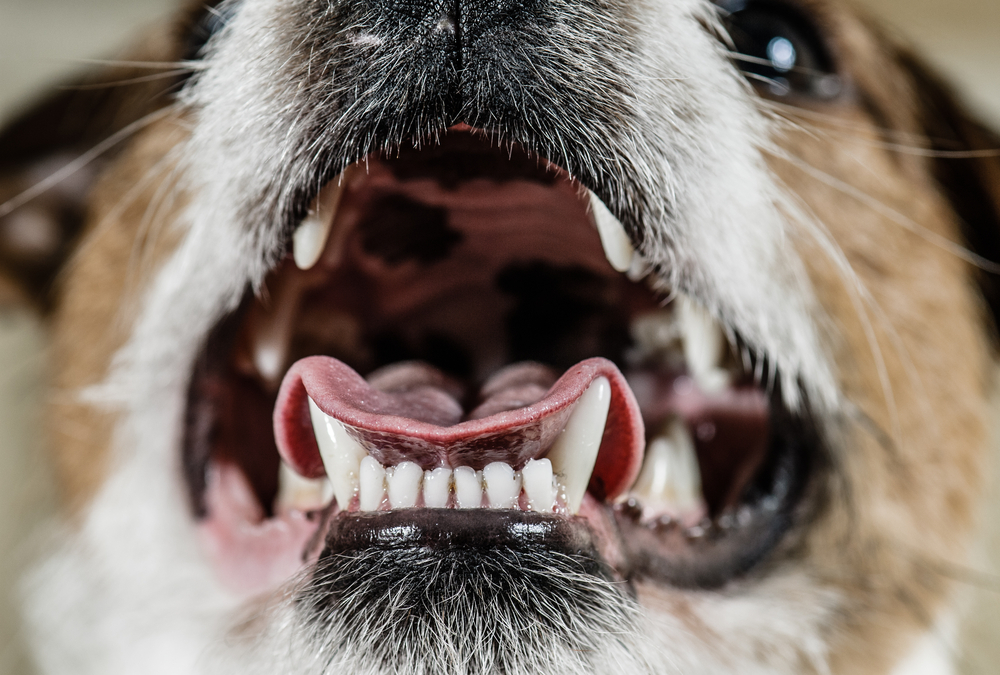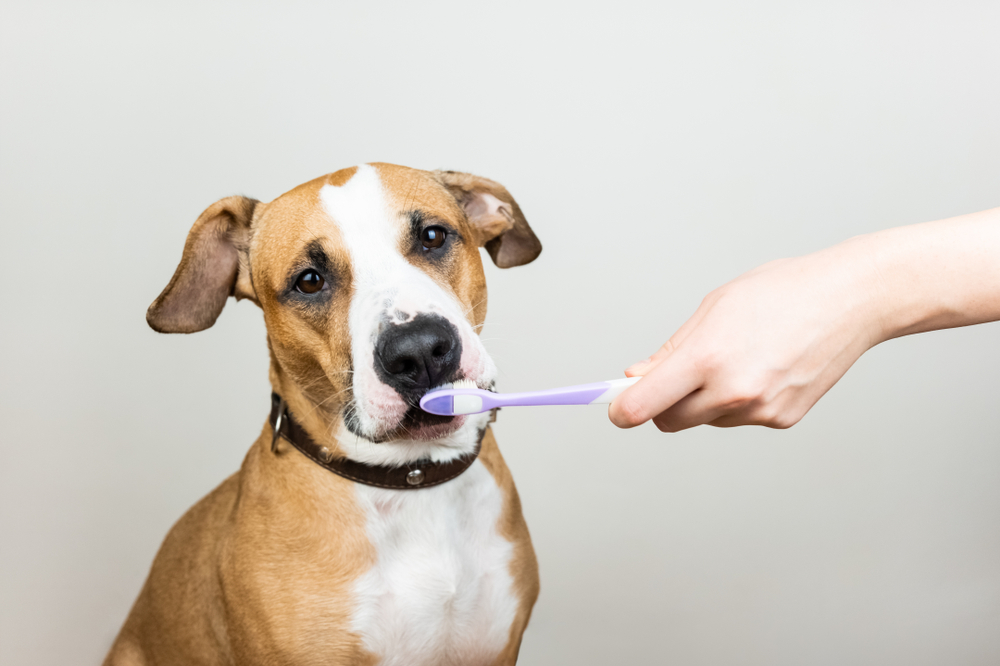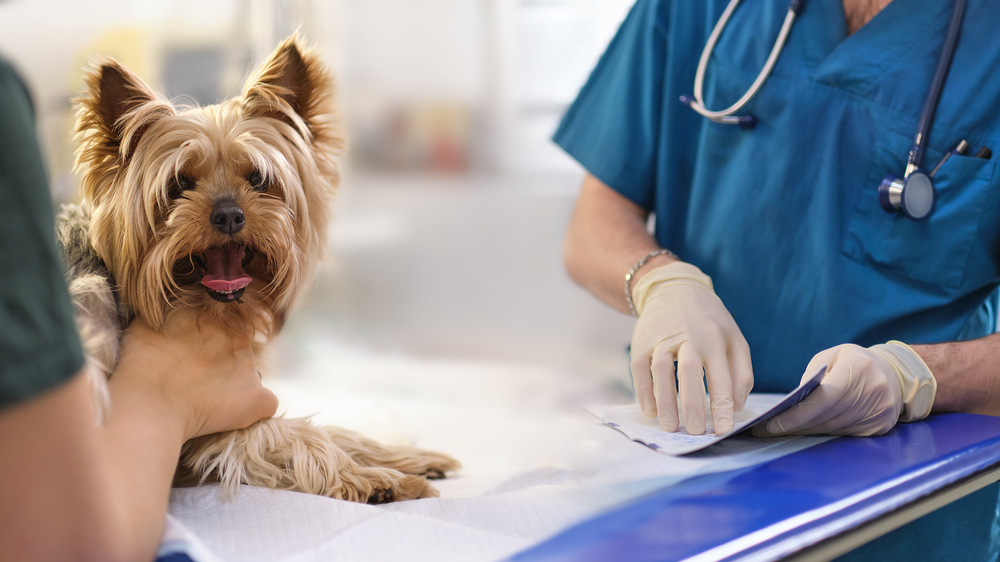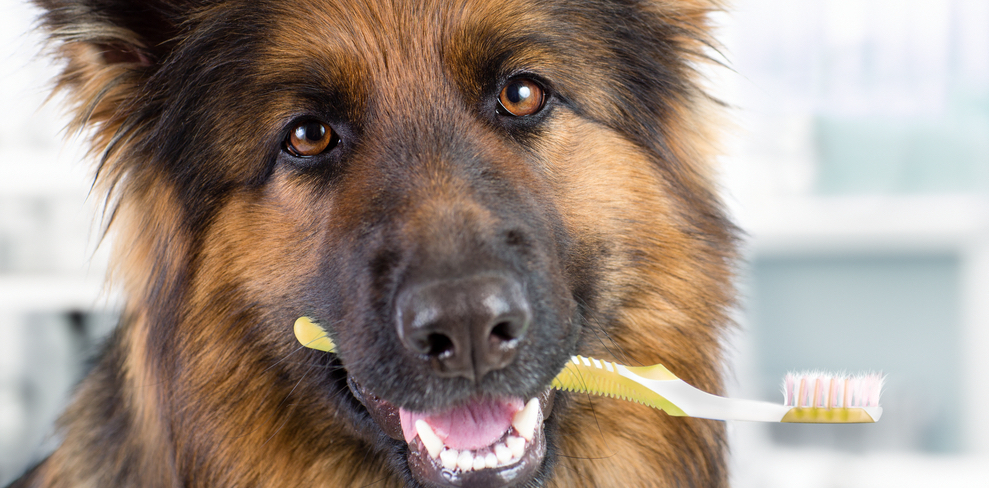
Uncovering Common Dental Issues in Dogs: Signs, Symptoms, and Solutions
Dental health plays a crucial role in the overall well-being of our canine companions. Yet, it’s an aspect of pet care that often goes overlooked. Just like humans, dogs can experience a variety of dental issues that can impact their comfort, health, and quality of life. As responsible pet owners, it’s essential to be aware of the signs and symptoms of dental problems in dogs and take proactive steps to address them.
Signs Your Dog May Be Dealing with Dental Issues
Bad Breath (Halitosis): While dog breath may not always smell fresh, persistent foul breath can indicate dental problems such as plaque buildup or gum disease.
Changes in Eating Habits: Difficulty chewing, reluctance to eat hard food, or dropping food while eating could be signs of dental pain or discomfort.
Excessive Drooling: While some drooling is normal for dogs, excessive drooling, especially if it’s accompanied by blood, can indicate gum disease or other oral issues.
Red or Swollen Gums: Healthy gums should be pink, so any redness, swelling, or bleeding should be cause for concern.
Visible Tartar or Discoloration: Yellow or brown buildup on the teeth (tartar) is a sign of plaque accumulation, which can lead to dental problems if left untreated.
Pawing at the Mouth: If your dog is frequently pawing at their mouth or rubbing their face against objects, it could be a sign of dental pain or irritation.
Common Dental Issues Affecting Dogs
1. Periodontal Disease: This is one of the most common dental issues in dogs and occurs when plaque and tartar buildup leads to inflammation and infection of the gums.
2. Dental Abscesses: Abscesses can form when bacteria invade the tooth root or surrounding tissues, causing swelling, pain, and potentially serious infections.
3. Broken or Fractured Teeth: Dogs can break or fracture their teeth due to trauma, chewing on hard objects, or untreated dental disease.
4. Gingivitis: Gingivitis is characterized by inflammation of the gums and is often a precursor to more severe periodontal disease if left untreated.
5. Oral Tumors: While less common, dogs can develop tumors in the mouth, which may require surgical intervention for removal and treatment.

Encouraging Pet Owners to Prioritize Dental Exams for Their Canine Companions
Regular dental exams and cleanings are vital for maintaining your dog’s oral health and preventing dental issues. Professional cleanings performed by a veterinarian can remove plaque and tartar buildup, identify any underlying problems, and address them before they escalate into more serious conditions.
At Henderson Animal Hospital, we offer comprehensive dental care services tailored to your dog’s needs. Our experienced veterinarians utilize state-of-the-art equipment to perform thorough dental exams, cleanings, and treatments to keep your furry friend’s teeth and gums healthy.
Take the First Step: Schedule Your Dog's Dental Exam Today for a Lifetime of Healthy Smiles!
As pet owners, it’s our responsibility to prioritize our dog’s dental health. By staying vigilant, recognizing the signs of dental problems, and taking proactive steps to address them, we can ensure that our furry friends enjoy happy, healthy smiles for years to come. Schedule a dental exam for your canine companion today and invest in their long-term oral health and happiness.




